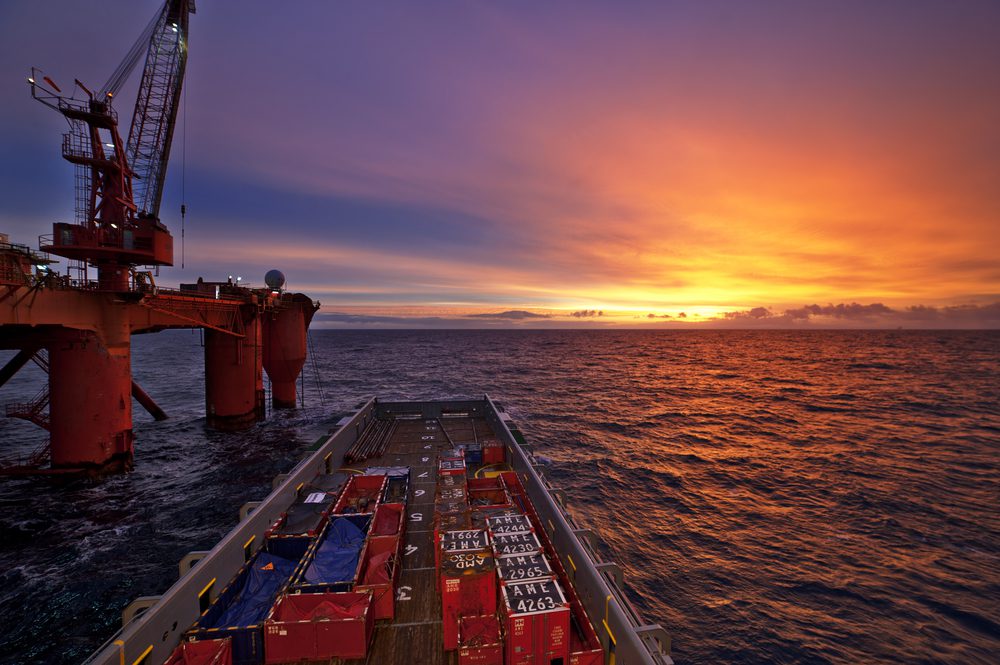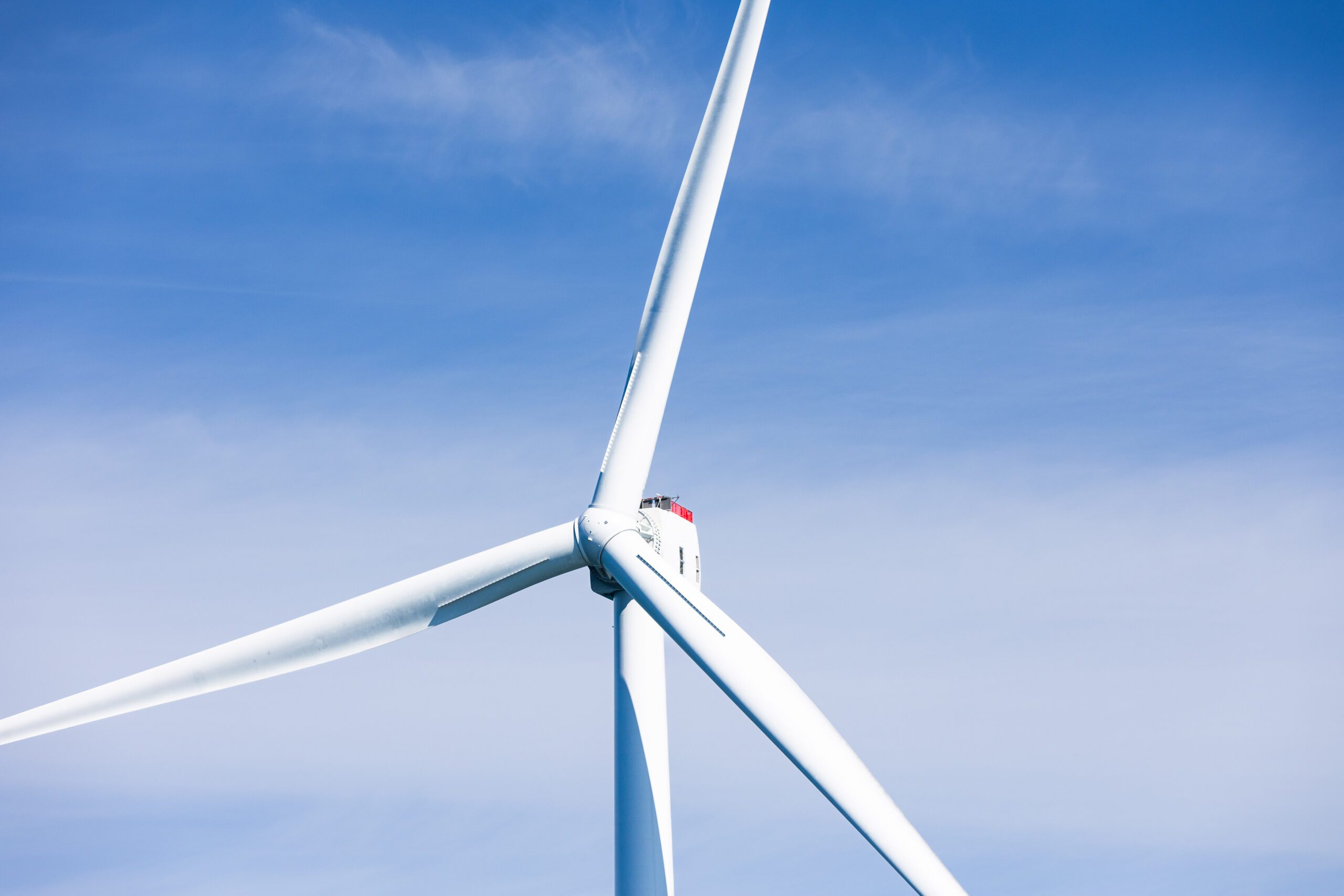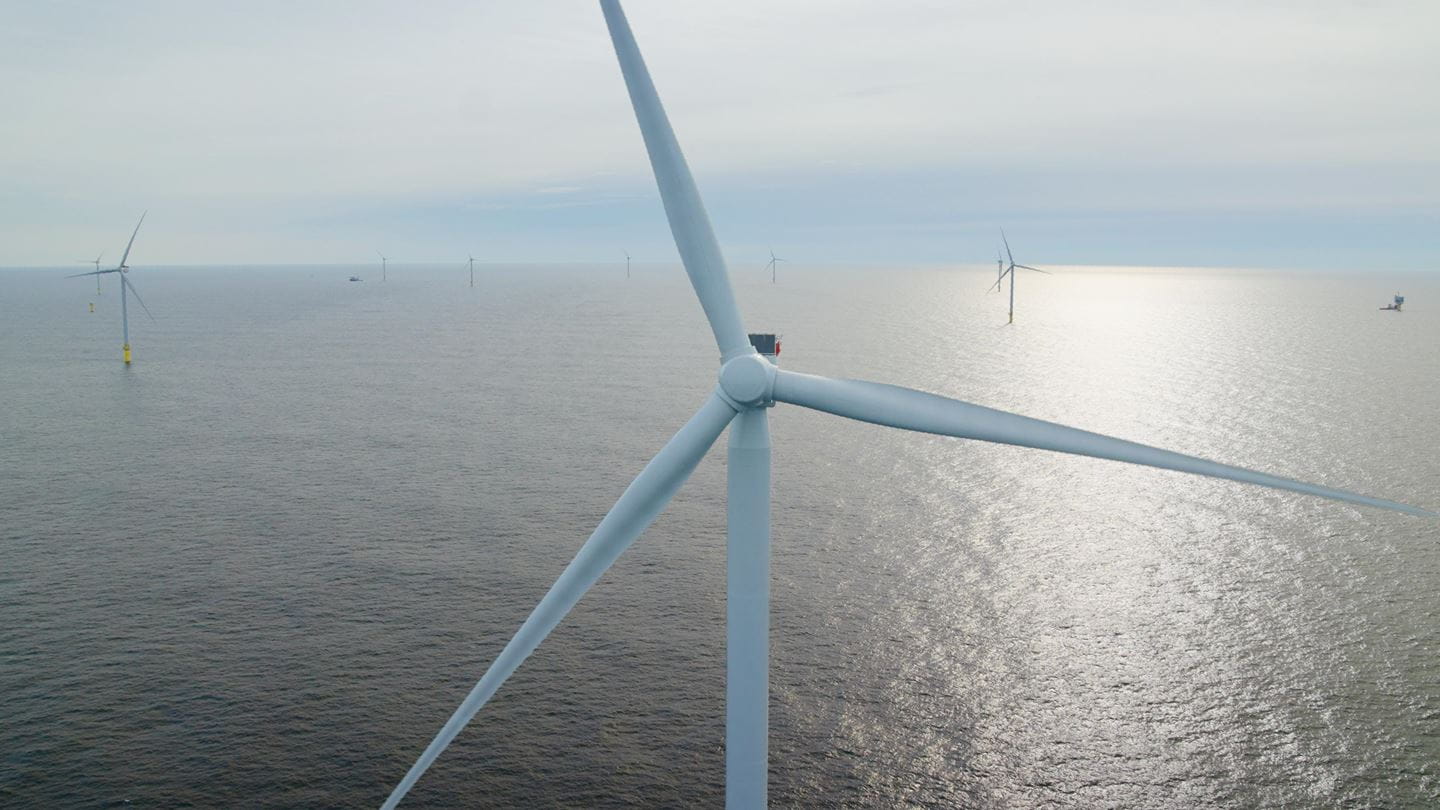(Bloomberg) —
British Prime Minister Rishi Sunak will this week announce a mandate for annual auctions of new licenses for oil and gas exploration in the North Sea. It’s the latest in a series of rollbacks on net zero policies intended to establish dividing lines between the ruling Conservatives and the opposition Labour Party before a general election expected next year.
But will it actually reduce the UK’s reliance on energy from “hostile foreign regimes” as the government says?
What is an oil and gas licensing round?
The government has been offering permits to explore for oil and gas in the North Sea since 1964, a process that has continued on a regular basis even as the country has committed to achieving net zero carbon emissions by 2050. The government issued hundreds of additional exploration licenses for offshore areas, arguing that extra resources are still required through the decades-long transition to clean energy.
Companies pay around £9,000 to bid for a block, regardless if they win. If successful, they then pay rent and an annual levy to the government, depending on the size and age of the license. Winning a license gives a company the exclusive right to the area for a set amount of time — initially a term of about six years — but can be extended multiple times, meaning a license could be held for decades without producing anything. If the license holder decides to drill they need further government consent.
How often has the typically UK auctioned licenses?
From 2016 to 2019, the UK held annual licensing rounds. Prior to that, auctions typically took place every two years. There was a pause of more than three years without a fresh auction from 2019 to 2022 as the government considered the “climate compatibility” of North Sea oil and gas, although it was never government policy that the auctions should cease. The hiatus also partly reflected the disruption of the Covid-19 pandemic.
Will Sunak’s move unleash a torrent of new production?
North Sea oil and gas resources are mostly tapped out and production has steadily declined since its peak more than 20 years ago. The iconic Brent facility, which once produced as much as half a million barrels a day, has been mostly dismantled. The only oil field to come online last year, called Evelyn, pumps no more than 6,000 barrels a day, just a 0.006% of global production.
Offshore developments also take time, with decades often passing between the issuance of a new exploration permit and first production. The license for Rosebank, the North Sea’s newest major development, was awarded in 2001 and the project is set to begin producing in 2026 at the earliest.
Even with a government that is supportive of new developments, many questions have to be answered before a field can be declared economically viable: How many barrels are in place? Is the field close to existing infrastructure? Does it lie in shallow or deep water?
As Wood Mackenzie analyst Greg Roddick has pointed out, “no commercial discoveries have been made on new acreage awarded through licensing rounds since 2014.”
Is oil and gas from the UK cleaner than other countries?
Sunak’s government argues that it’s better for the environment to consume oil and gas in the UK that was also produced within the country. The process of pumping gas from beneath the North Sea and shipping it ashore through an existing pipeline consumes less energy, and releases less carbon, than manufacturing a cargo of liquefied natural gas in Qatar and shipping it across the world in a tanker.
The North Sea transition authority has said that producing natural gas in the UK results in just 27% of the emissions of the average LNG cargo. However, that calculation excludes the carbon dioxide emitted when the gas is burned. Once that is accounted for, the figure rises to 85%.
Is this good for UK energy security?
The UK imports about 40% of the oil and gas it consumes, yet about three quarters of the crude pumped within the country was exported last year. That’s because so much of the nation’s refining capacity has been shut down — about half over the past two decades — that it is heavily dependent on imported fuels.
Britain also has very little natural gas storage, so it often exports the fuel to Europe during the summer and imports it back again during periods of peak demand in winter.
So there is no guarantee that additional oil and gas produced in the UK would remain there, and the country is very much exposed to swings in international price benchmarks over which its tiny share of global production — about 1% last year — has little influence.
What would a Labour government do?
The main opposition Labour Party has said that if it were in power, it wouldn’t award any new licenses for offshore drilling, but would respect any permits already in place. It is currently ahead of Sunak’s Conservatives in the polls and the next election must be held by January 2025 at the latest.
© 2023 Bloomberg L.P.
Unlock Exclusive Insights Today!
Join the gCaptain Club for curated content, insider opinions, and vibrant community discussions.

 Join The Club
Join The Club












